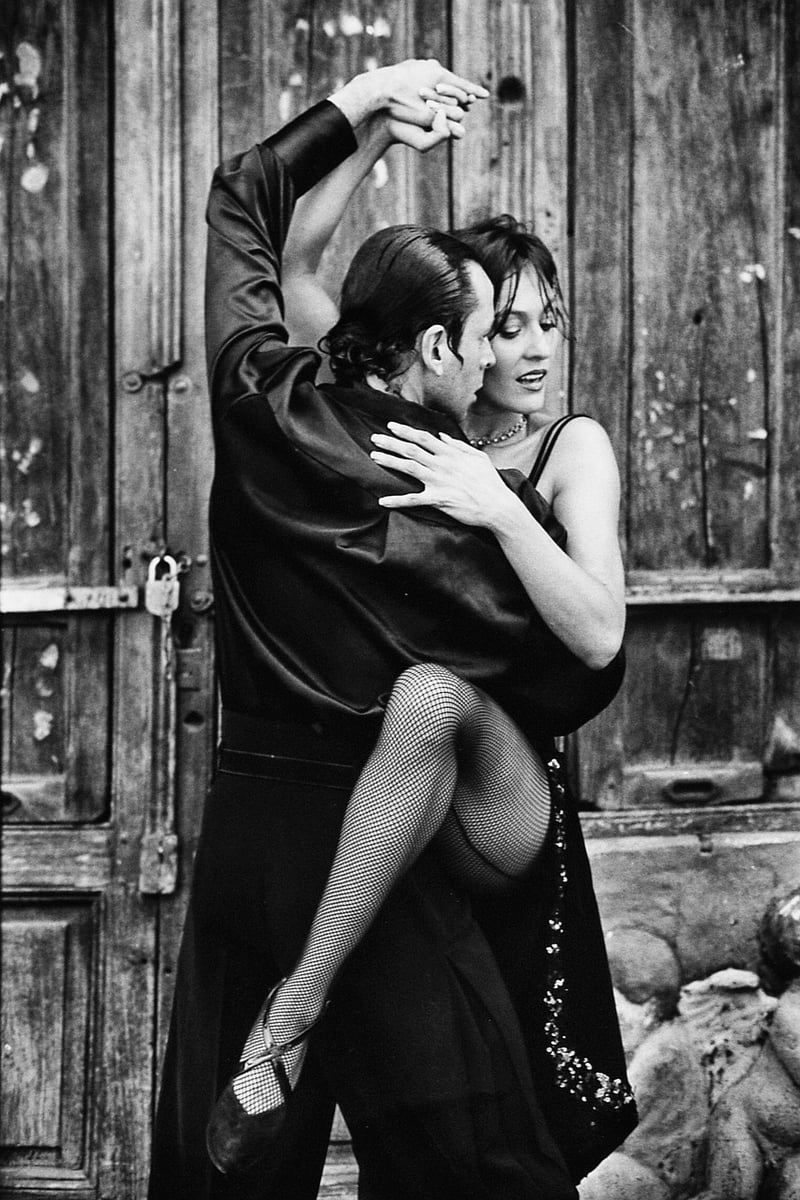Movement Therapy
Expressive Movement for Mindfulness + Movement Therapy
The Power of Movement for Mindfulness
Engaging in expressive movement can be a powerful tool for cultivating mindfulness and promoting emotional well-being. Through intentional movement, individuals can connect with their bodies, release tension, and tap into their emotions.
Benefits of Movement Therapy
Movement therapy, also known as dance/movement therapy, is a form of psychotherapy that uses movement to support emotional, cognitive, and social integration. Some benefits of movement therapy include:
- Reduced stress and anxiety
- Improved self-expression
- Enhanced body awareness
- Increased self-esteem
- Facilitated emotional healing
How to Incorporate Movement for Mindfulness
There are various ways to incorporate movement into your mindfulness practice:
- Practice mindful walking or gentle stretching exercises.
- Engage in expressive dance or free-form movement to music.
- Attend a movement therapy session with a trained therapist.
- Join a movement-based class such as yoga, tai chi, or qigong.
Get Started with Expressive Movement
If you're new to expressive movement or movement therapy, consider starting with simple exercises or guided sessions. Here are a few resources to help you get started:
- American Dance Therapy Association - Learn more about dance/movement therapy and find a qualified therapist near you.
- Yoga Alliance - Discover yoga classes and workshops that emphasize mindfulness and movement.
- Qigong Institute - Explore the benefits of qigong for holistic health and well-being.
Embrace the Healing Power of Movement
Whether you're seeking to reduce stress, explore your emotions, or simply connect with your body in a more profound way, expressive movement and movement therapy offer a holistic approach to well-being. Embrace the healing power of movement and discover the transformative effects it can have on your mind, body, and spirit.


